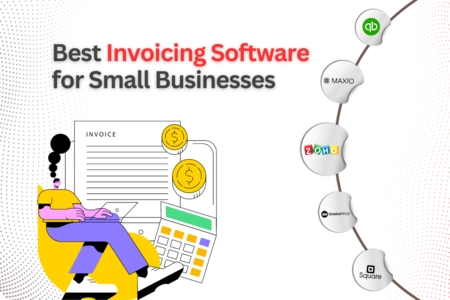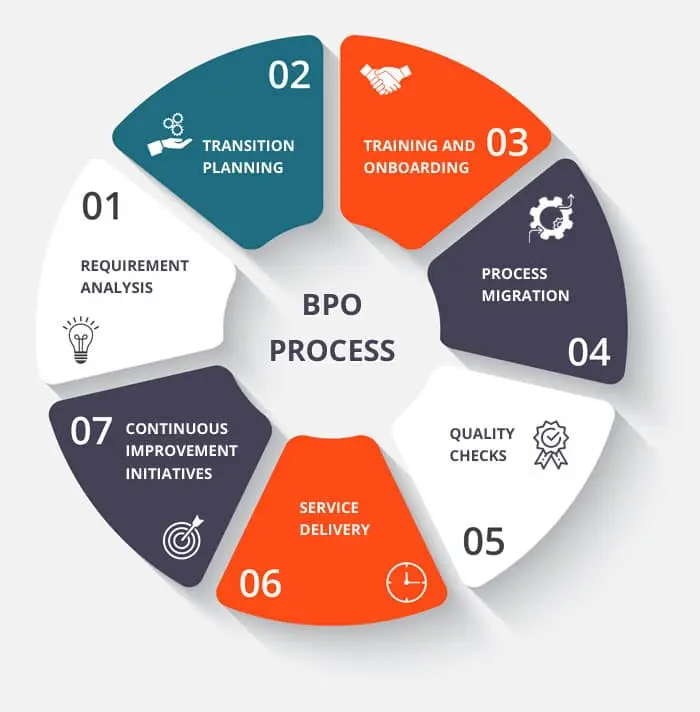
What Is an Application Deployment Tool?
An application deployment tool is software that automates the process of deploying applications to various environments, such as production, staging, or development. These tools help manage, monitor, and control the deployment process to ensure that updates are delivered seamlessly and without errors. They are essential for companies that use DevOps practices, as they enable faster, more reliable software delivery.
Key Benefits of Using Deployment Tools:
- Automation: Streamlines and automates repetitive tasks, reducing human error.
- Consistency: Ensures consistent deployment across different environments.
- Scalability: Helps scale applications and services effectively.
- Efficiency: Accelerates the deployment process, saving time and effort.
Top Application Deployment Tools for 2025
Here are the best application deployment tools for 2025, chosen for their ease of use, scalability, and ability to integrate with modern development workflows:
1. Jenkins
Jenkins has been a leader in the CI/CD space for years, and it remains one of the best deployment tools in 2025. Jenkins is an open-source automation server that enables developers to build, test, and deploy applications seamlessly.
Key Features:
- Pipeline Automation: Automates complex deployment pipelines.
- Extensibility: Large plugin ecosystem to support multiple languages and environments.
- Integration: Works well with tools like Git, Docker, and Kubernetes.
- Scalable: Suitable for both small teams and large enterprises.
Why Choose Jenkins?
Jenkins offers robust features for continuous integration, making it a go-to choice for teams that require flexibility and a wide range of integrations.
2. GitLab CI/CD
GitLab CI/CD is another powerful tool for automating deployment processes. As part of the GitLab suite, it allows teams to manage source code, testing, and deployment pipelines from a single platform.
Key Features:
- Single DevOps Platform: Combines source code management, CI/CD, and monitoring.
- Auto DevOps: Provides automatic CI/CD pipelines.
- Security Integration: Built-in security features for secure deployment.
- Kubernetes Integration: Easily integrates with Kubernetes for containerized applications.
Why Choose GitLab CI/CD?
GitLab offers an all-in-one platform that integrates version control, CI/CD, and monitoring, making it an excellent choice for companies looking for a unified solution.
3. Kubernetes
Kubernetes is a container orchestration platform that is crucial for managing, scaling, and automating the deployment of containerized applications. It remains one of the best deployment tools for 2025, especially for businesses leveraging microservices.
Key Features:
- Container Management: Automates container deployment and scaling.
- Self-healing: Automatically recovers from failures by restarting containers.
- Easy Rollbacks: Enables smooth rollback of updates when needed.
- Cloud-Native: Integrates seamlessly with cloud platforms like AWS, Google Cloud, and Azure.
Why Choose Kubernetes?
Kubernetes excels at managing containerized applications and is ideal for businesses that use microservices architectures, providing a robust solution for application scaling.
4. Docker Swarm
For companies looking for a simpler alternative to Kubernetes, Docker Swarm is a container orchestration tool that allows for seamless deployment of containerized applications.
Key Features:
- Simple Setup: Easier to configure compared to Kubernetes.
- Integrated with Docker: Native integration with Docker containers.
- Auto-scaling: Automatically adjusts the number of container replicas.
- High Availability: Ensures your application is highly available with minimal downtime.
Why Choose Docker Swarm?
Docker Swarm is a great tool for businesses that are already using Docker and need a lightweight, easy-to-use orchestration platform for container management.
5. AWS Elastic Beanstalk
For businesses using Amazon Web Services (AWS), Elastic Beanstalk provides an easy-to-use platform for deploying and scaling applications in the cloud.
Key Features:
- Auto-scaling: Automatically scales your application based on demand.
- Multi-language Support: Supports Java, .NET, Node.js, Python, and more.
- Integrated Monitoring: Provides detailed logs and performance monitoring.
- Fully Managed: Handles infrastructure management, allowing developers to focus on coding.
Why Choose AWS Elastic Beanstalk?
Elastic Beanstalk is perfect for AWS users who want an easy deployment solution without having to manage complex infrastructure.
Comparing the Best Application Deployment Tools of 2025
| Deployment Tool | Key Features | Best For | Integrations |
|---|---|---|---|
| Jenkins | Pipeline automation, scalability, plugin support | Teams needing custom CI/CD pipelines | Git, Docker, Kubernetes |
| GitLab CI/CD | All-in-one DevOps platform, Auto DevOps | Unified CI/CD solution | GitHub, Kubernetes, Docker |
| Kubernetes | Container orchestration, auto-scaling, self-healing | Large-scale containerized applications | AWS, Google Cloud, Azure |
| Docker Swarm | Simple setup, container orchestration, auto-scaling | Smaller teams using Docker | Docker |
| AWS Elastic Beanstalk | Auto-scaling, multi-language support, fully managed | AWS users looking for easy cloud deployment | AWS services |
How to Choose the Best Application Deployment Tool for Your Business
Selecting the best application deployment tool depends on several factors:
- Team Size and Complexity: If you're working with a small team and simpler applications, tools like Docker Swarm might be sufficient. For larger teams or complex architectures, Kubernetes or GitLab CI/CD could be more appropriate.
- Cloud Integration: For businesses heavily invested in the cloud, tools like AWS Elastic Beanstalk or GitLab CI/CD might offer better integration.
- CI/CD Needs: For teams that require complex CI/CD pipelines, Jenkins remains a top choice due to its extensibility and scalability.
- Containerization: If you're working with microservices and containerized applications, Kubernetes and Docker Swarm are the go-to tools.
Final Thoughts
Choosing the best application deployment tool in 2025 is essential for ensuring your business's software is deployed efficiently, securely, and at scale. Whether you're using Jenkins, GitLab CI/CD, or Kubernetes, the right tool will help streamline your deployment pipeline, improve collaboration among development teams, and enhance your application's overall performance.
Take the time to evaluate the needs of your business, your team's expertise, and your specific application requirements to make the best decision for your software deployment strategy.



